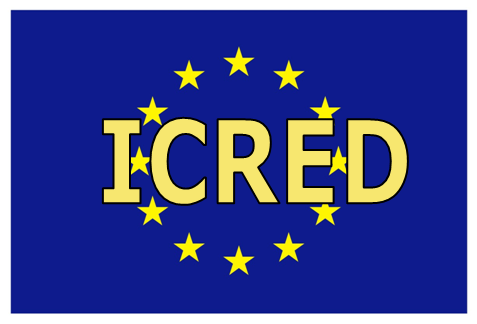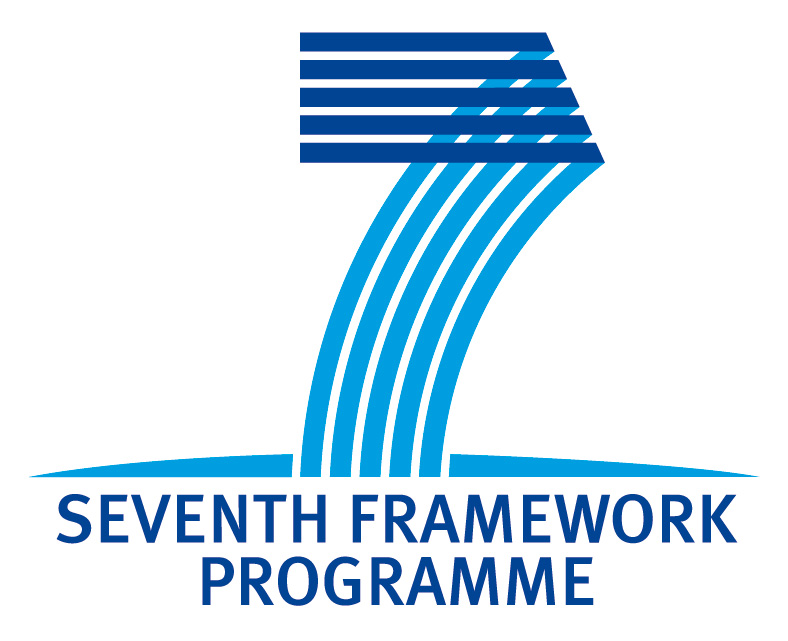SUMMARY
Recent events have shown how systems (regions, communities, structures
etc.) are vulnerable to natural disasters of every type like human
errors, systems failures, pandemic diseases and malevolent acts,
including those involving cyber systems and weapon of mass destruction
(chemical, biological, radiological ). In order to reduce the losses in
these systems the emphasis has shifted to mitigations and preventive
actions to be taken before the extreme event happens. Mitigation
actions can reduce the vulnerability of a system; however, also if
there is insufficient mitigation, or the event exceeds expectations,
recovery is necessary to have a resilient function to the community.
The objective of this proposal is to establish a framework for defining
and measuring disaster resilience at the community scale.
The framework will build on and expand previous research at MCEER
linking the four resilience properties (robustness, redundancy,
resourcefulness, and rapidity) and resilience dimensions (technical,
organizational, societal, and economic) so as to measure the disaster
resilience of capital assets (e.g., hospitals) and asset classes (e.g.,
health care facilities). Once developed, the framework will provide the
basis for development of quantitative and qualitative models that
measure the disaster resilience of communities. Over the longer term,
these models will enable the development of decision-support software
tools that help planners and other key decision makers and stakeholders
to enhance the disaster resilience of their communities.

